Is there a link between MDMA and depression?
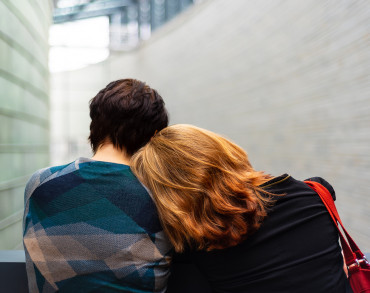

Sometimes people report feeling depressed after taking MDMA, or experiencing mild depression as part of the comedown. Why does this happen?
Methylenedioxymethamphetamine (MDMA) is a chemical stimulant, and the active ingredient in ecstasy. The term ecstasy refers to pills or powder usually made from MDMA and mixed with other drugs like amphetamines, and caffeine.
MDMA acts as both a stimulant and psychedelic, producing feelings of energy and exhilaration, along with distinct social and emotional effects.
|
Make sure you’re staying safer by staying informed. Sign up to receive alerts and notifications about dangerous drugs in NZ. Check out the alerts page to see what we've already found. |
MDMA impacts the serotonin levels in the brain
MDMA is particularly powerful in releasing serotonin – the brain chemical responsible for feelings of wellbeing and happiness.
In releasing large amounts of serotonin, MDMA also depletes the brain’s supply. It then takes some time for the brain to replenish what was released. How long this takes depends on various factors, including the person’s diet and general heath, and how much MDMA was taken.
There’s no way to tell for sure, but research suggests it could take anywhere from 48 hours to an entire week. The mild depression some people report feeling after taking MDMA could be related to this temporary depletion of serotonin.
Another possible physiological explanation for this is that the initial release of serotonin also causes serotonin receptors in the brain to down-regulate, which basically means turn themselves off for a while. The up-and-down regulation of receptors is one of the primary ways the brain tries to achieve homeostasis, or balance.
These receptors work in conjunction with the amount of serotonin around and are just as important in the regulation of mood as serotonin itself. In trying to maintain a balanced mood, these receptors respond to the amount of serotonin around by turning themselves on and off (up-regulation and down-regulation). When they are flooded with serotonin as a result of taking MDMA, many of them down-regulate.
The majority of these receptors will up-regulate again as soon as the excess serotonin is metabolized away. However, some of these receptors may stay down-regulated longer, perhaps days, weeks, or even months. The depression some people report feeling after taking MDMA may be a result of these serotonin receptors staying down-regulated too long.
MDMA and antidepressants don’t mix
People who already experience depression might find taking MDMA makes them feel worse – when the brain is producing less serotonin, it can cause even lower lows. And, because MDMA can interfere with how effective an antidepressant is, it has the risk of making depression even worse.
It’s dangerous to mix antidepressants and MDMA. Effects can include becoming drowsy, clumsy, restless, dizzy, and feeling intoxicated.
There is also the risk of developing serotonin syndrome or toxicity, which is caused by too much serotonin collecting in the brain. Symptoms include agitation, confusion, very high temperature, possibly coma and death.
If you think someone is in distress, call 111 immediately for an ambulance. St John’s has more helpful information on how to respond in an emergency in their first aid guide.
While no drug use is safe, some steps can be taken to help reduce the risks.
There’s no such thing as a ‘safer’ drug. MDMA may have a reputation of being low risk, but there are still a number of things to be aware of.
The NZ Drug Foundation notes higher doses of MDMA only increases the risks of the negative side effects. Avoid re-dosing as it is unlikely to enhance positive effects and increases the risk of neurotoxicity and feelings of a comedown. The NZ Drug Foundation also recommends waiting two or three months after using MDMA to give your brain and body time to recover.
It’s important to be prepared. As with all drug use, it’s better to have people around that you trust and who have knowledge of first aid.
If you’re concerned about your own drinking or drug taking, you can reach out to the Alcohol Drug Helpline on 0800 787 797, or text 8681. You'll be able to speak with a trained counsellor who can provide you with helpful information, insight and support. They’re available 24/7, all calls are free and confidential. You can also chat with the team online through the website.
This article has been adapted from information provided by DanceSafe.
Latest Articles
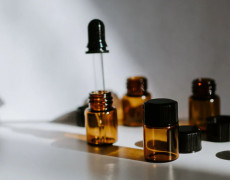
15 Apr 2024
Thinking of using GBL/GHB?
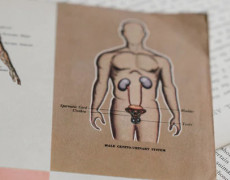
12 Apr 2024
Ketamine and bladder damage – know the risks
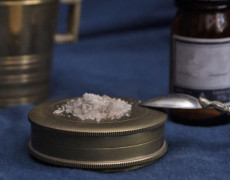
8 Mar 2024
Synthetic cathinones explained
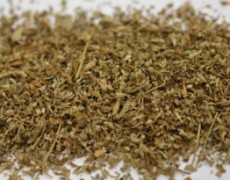
22 Feb 2024
What’s happening with synthetic cannabinoids?
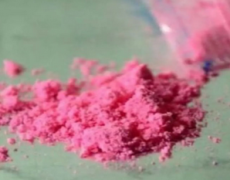
31 Jan 2024
What is tuci?
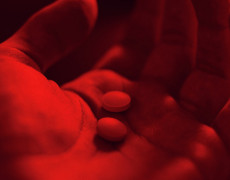
19 Jan 2024
Answering some common questions about MDMA

10 Jan 2024
Understanding the risks of the comedown

5 Jan 2024
Looking after your mental health

15 Dec 2023
Tips for a safer night out
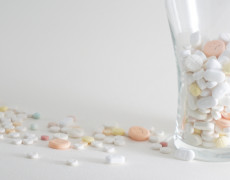
12 Dec 2023
To mix it is to risk it
